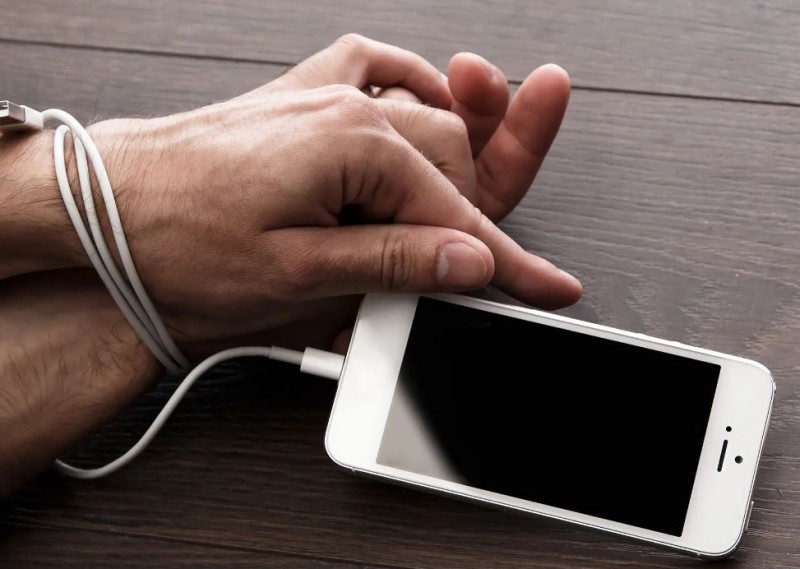
In today's digital age, smartphones have become an indispensable part of daily life for millions around the globe. From communication and entertainment to work and social interaction, these devices offer unparalleled convenience and connectivity. However, the widespread adoption and constant use of smartphones have raised concerns about their potential impact on mental and physical health, particularly when use becomes excessive or addictive.
Symptoms of Smartphone Addiction:
Recognizing the signs of smartphone addiction is crucial for early intervention and prevention of potential health issues. Here are some common symptoms to watch for:
Compulsive Checking: Constantly checking your smartphone for notifications, messages, or updates, even in inappropriate or risky situations (e.g., while driving).
Anxiety and Restlessness: Feeling uneasy, anxious, or restless when separated from your smartphone, or when unable to use it for a period.
Neglecting Responsibilities: Prioritizing smartphone use over daily responsibilities at work, home, or in social situations, leading to unfinished tasks or neglect of personal relationships.
Loss of Interest in Other Activities: Preferring smartphone use over hobbies, exercise, or social interactions that were once enjoyable.
Withdrawal Symptoms: Experiencing irritability, mood swings, or physical discomfort when unable to use your smartphone.
Effects of Smartphone Addiction:
The excessive use of smartphones can have significant negative effects on both mental and physical health:
Impact on Mental Health: Studies have linked smartphone addiction to increased levels of anxiety, depression, and stress. The constant connectivity and exposure to social media can contribute to feelings of inadequacy, fear of missing out (FOMO), and a decrease in overall well-being.
Physical Health Concerns: Prolonged smartphone use can lead to various physical issues such as eye strain, neck and back pain (due to poor posture), and disrupted sleep patterns. The blue light emitted from screens can also interfere with the production of melatonin, affecting sleep quality.
Social and Behavioral Changes: Addiction to smartphones can lead to social isolation, as individuals may prefer virtual interactions over face-to-face communication. It can also contribute to attention deficits and difficulty concentrating, affecting productivity and academic performance in children and adults alike.
Management and Prevention:
If you suspect that you or someone you know may be struggling with smartphone addiction, consider the following strategies to regain control and promote healthier habits:
Set Boundaries: Establish specific times and places where smartphone use is allowed, and limit usage during meals, social gatherings, and bedtime.
Digital Detox: Take regular breaks from your smartphone by engaging in offline activities such as exercise, hobbies, or spending quality time with loved ones.
Use Apps for Monitoring: There are apps available that can track and limit your screen time, helping you become more aware of your usage habits and providing tools to manage them effectively.
Practice Mindfulness: Be mindful of your smartphone usage patterns and the impact they have on your emotions and behavior. Take moments throughout the day to pause, breathe, and focus on the present without digital distractions.
Seek Support: If smartphone addiction is significantly impacting your daily life or relationships, consider seeking professional help from a counselor or therapist who specializes in digital health and addiction.
While smartphones offer numerous benefits and convenience, their overuse or addiction can have serious consequences on mental and physical well-being. By recognizing the signs of smartphone addiction early and implementing proactive strategies to manage usage, individuals can regain control over their digital habits and lead healthier, more balanced lives. Remember, moderation is key in harnessing the power of technology while preserving overall well-being.
By taking steps to foster a healthy relationship with smartphones, we can ensure that these devices enhance our lives without compromising our health and happiness.
BIMSTEC Foreign Ministers Meet PM Modi on Regional Cooperation
Why Sleeping with Your Mobile Phone Can Harm Your Health
Revolutionary Robotic Heart Surgery: A New Era in Cardiac Care